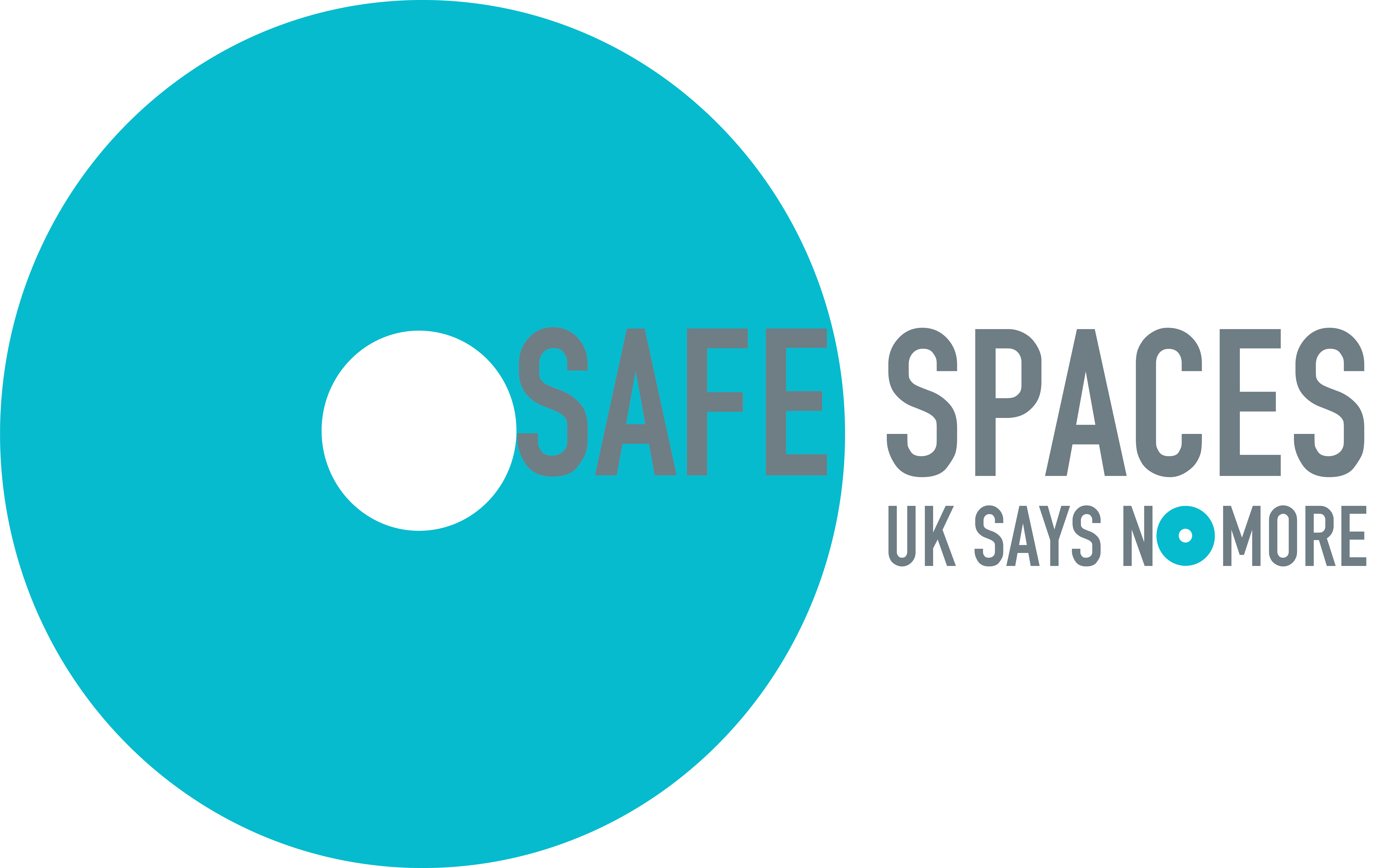Sometimes relationships are created with good friends and colleagues and it involves constant mickey-taking of each other. This doesn’t mean you have built this relationship with everyone in the workplace so please don’t let it be your default. Have you ever said; ‘It’s a personality clash’, ‘we’ve always talked that way’ or described someone as ‘oversensitive’ or ‘unable to take a joke’ It is possible that you said or did something that offended that person?
Our default should be common sense, context, good taste and individuals’ relationships with each other which will normally dictate which remarks are, and which are not, enjoyable and acceptable.
Now, think about the team you work in. Are there more junior people than you? Have you had new starters in the team? Are there people in the minority? i.e. a women working in a predominately male environment. All these things make people feel more sensitive to comments and less able to complain about it. Comments you make don’t exist in isolation, it also contributes to an environment where that type of humour is accepted. You may only make one joke, but if you are the tenth person to make a similar joke that day, the recipient’s sense of humour will wear thin pretty quickly. If one person always seems to be the butt of office jokes, consider how that person might be feeling.
Email is a brilliant business and social tool but it makes it really easy to forward a funny joke or video to several people but what if the recipients find it offensive? What rules are there in your company regarding this type of things.
A good rule of thumb is to imagine your comment being read out by a barrister in front of a judge. Stripped of its context in the jokey back-and-forth between workmates, anything close to the knuckle is going to sound that much worse, or looking more closely, would you be happy saying or sending it to the Head of HR?
So, what can you do if you witness or experience inappropriate behaviour? We would encourage you to raise your concerns with your manager or HR and challenge the behaviour because to NOT challenge is seen as acceptance or condoning the behaviour.
If you want to know more, please join our webinar with Jenny Hinde, Executive Director – Clear Company on 10th December 2019, at 11.30am.




